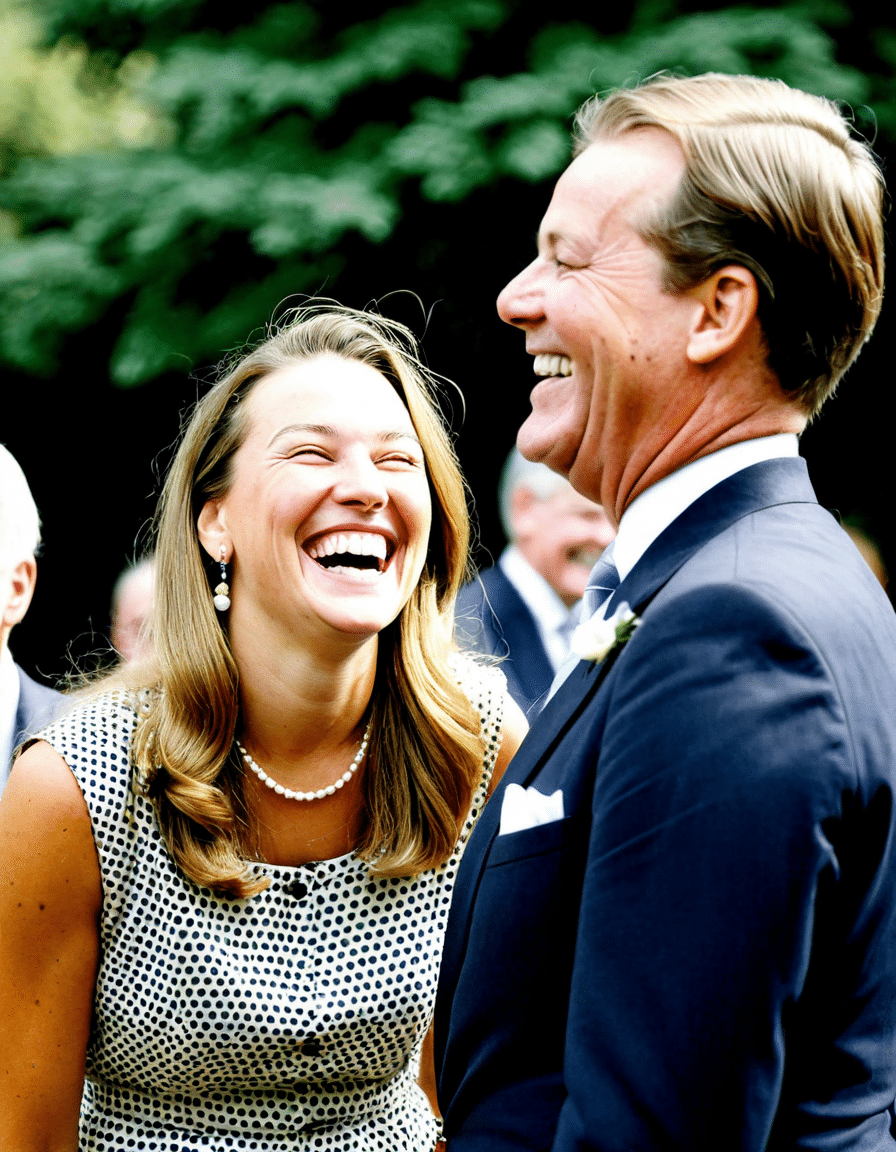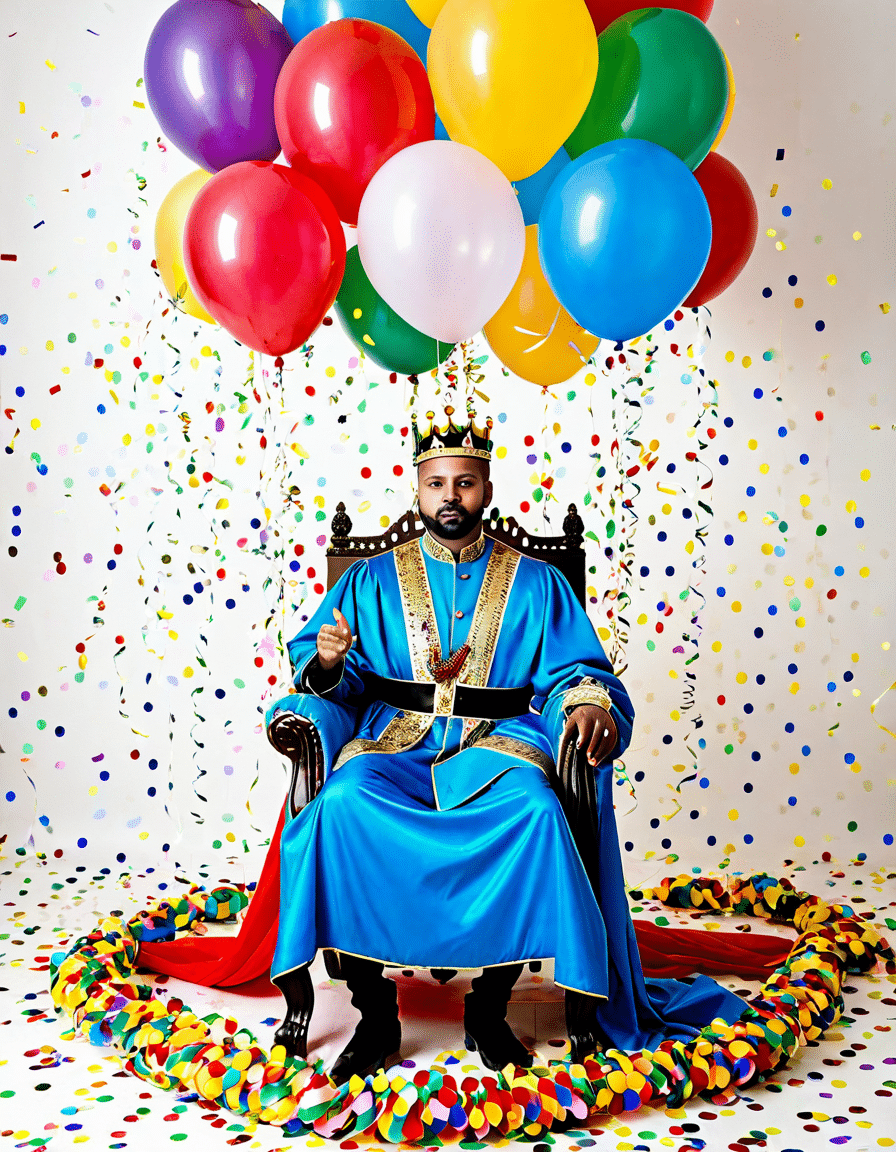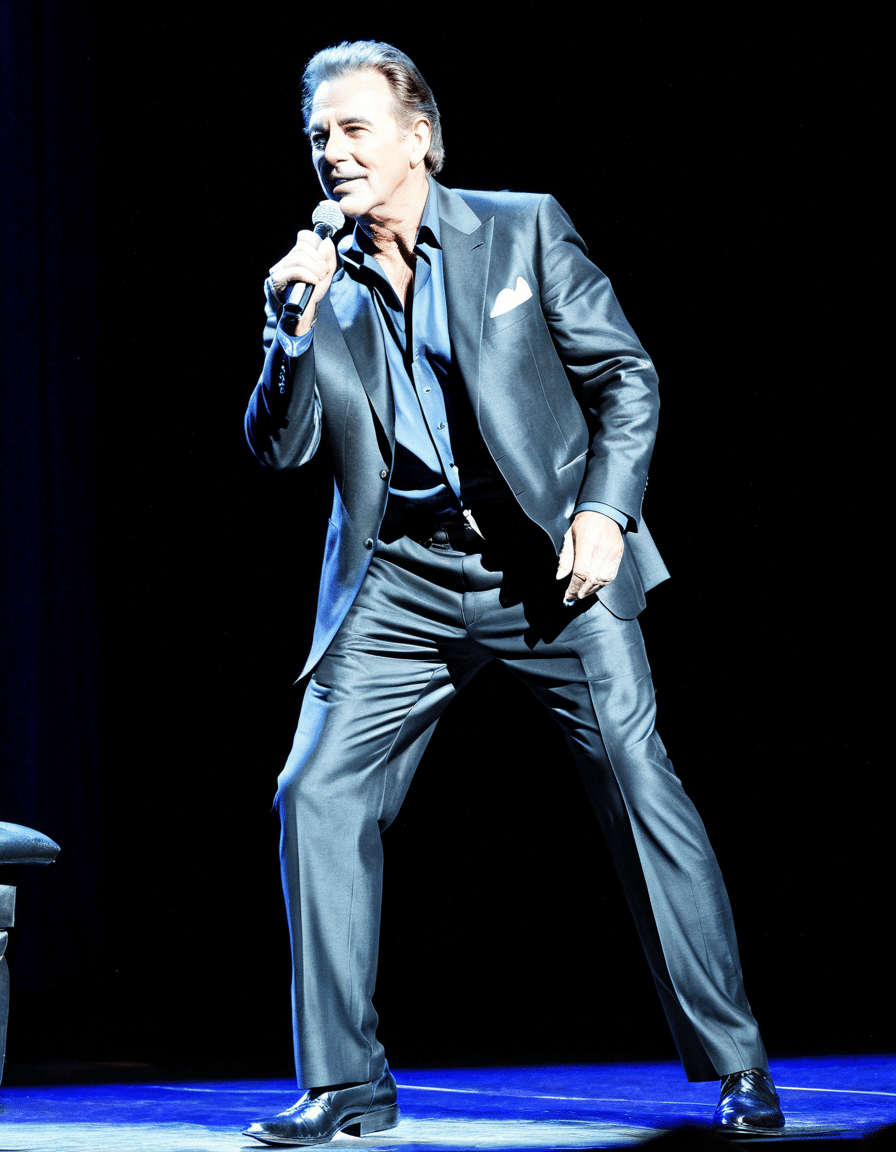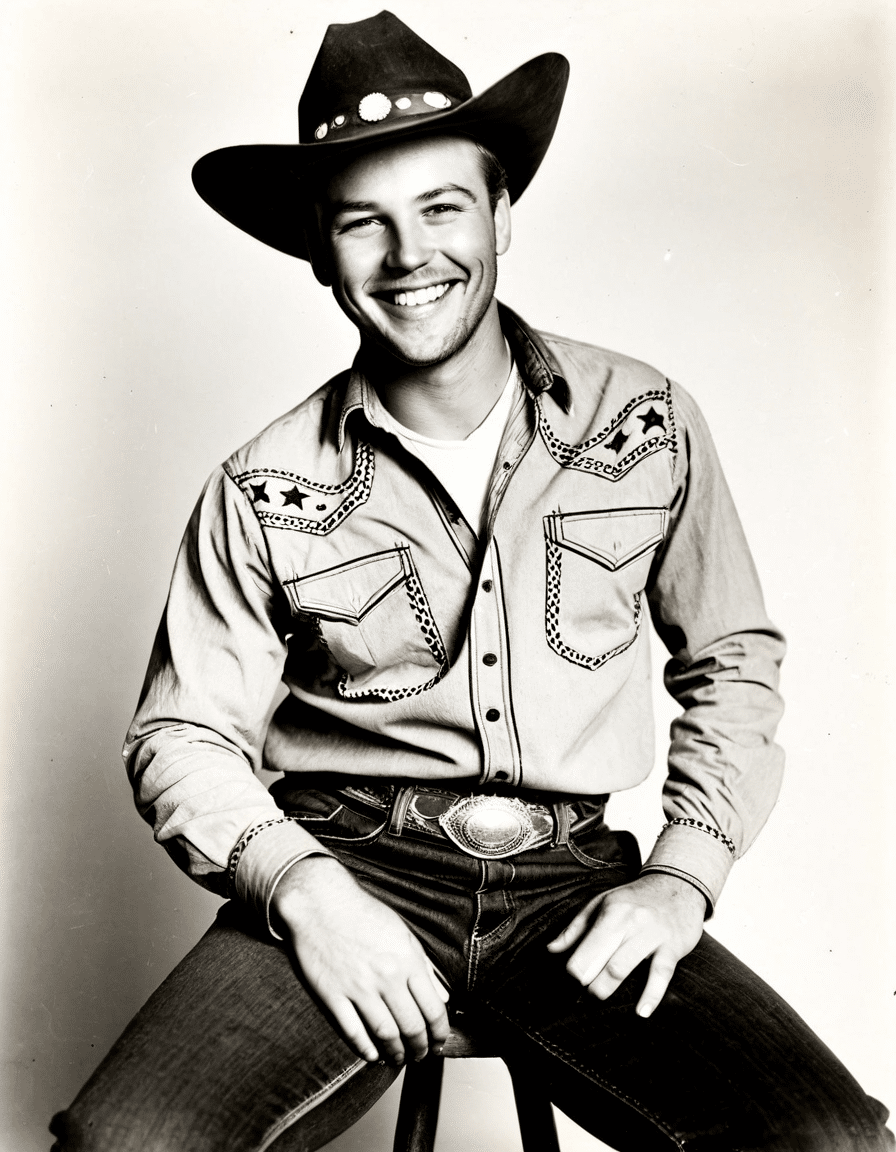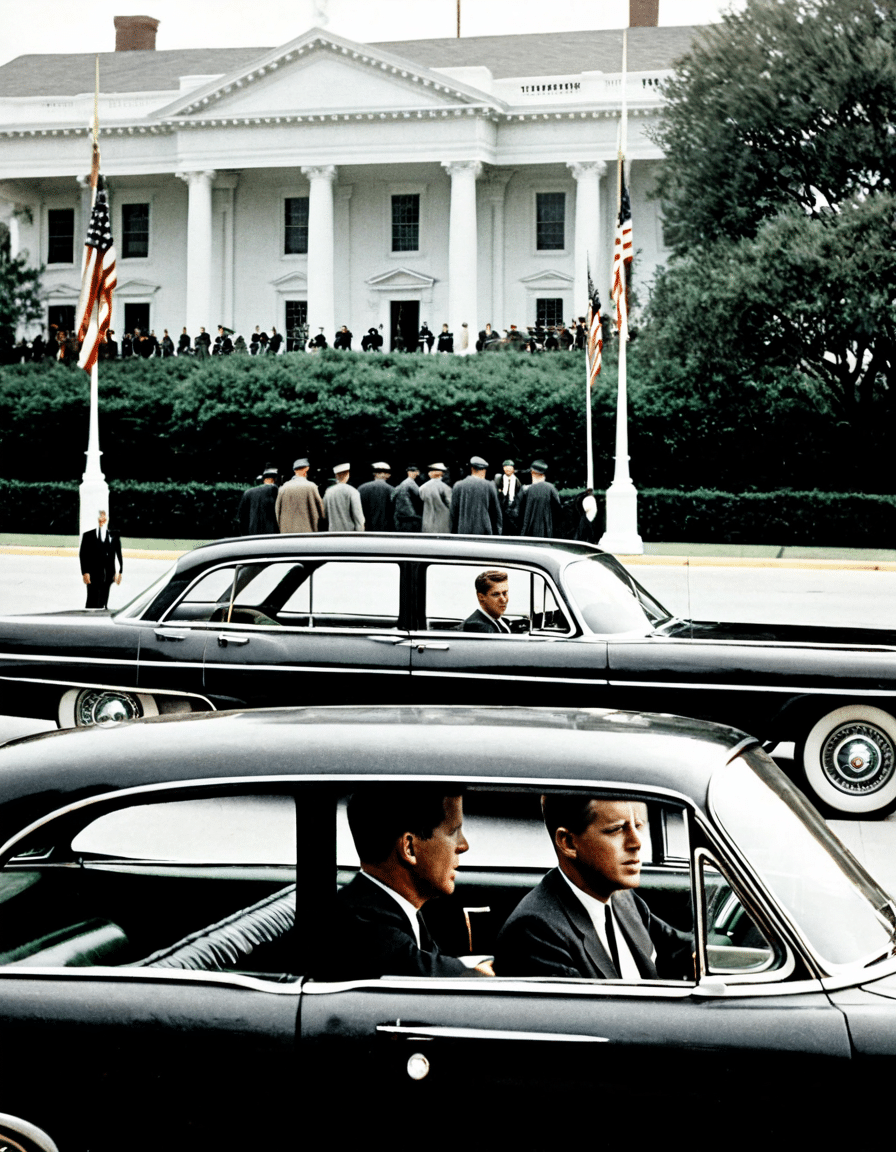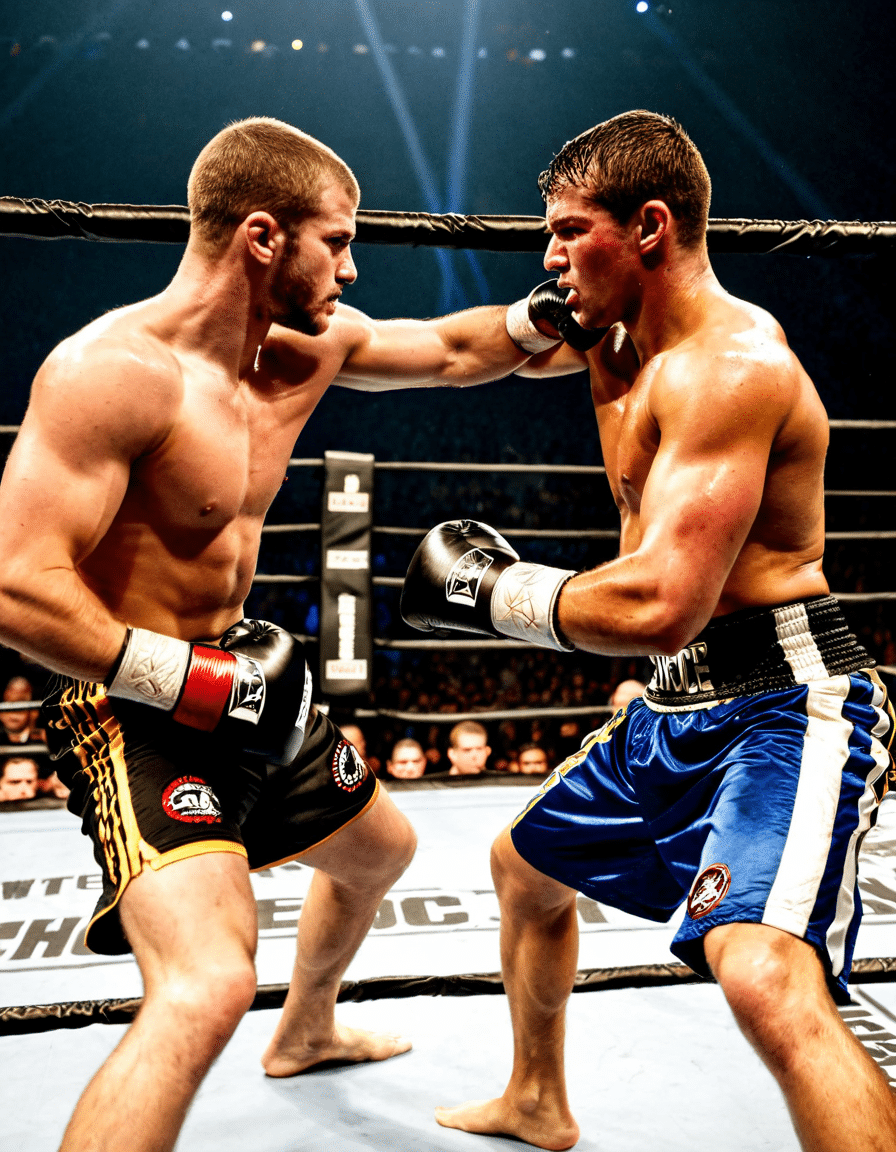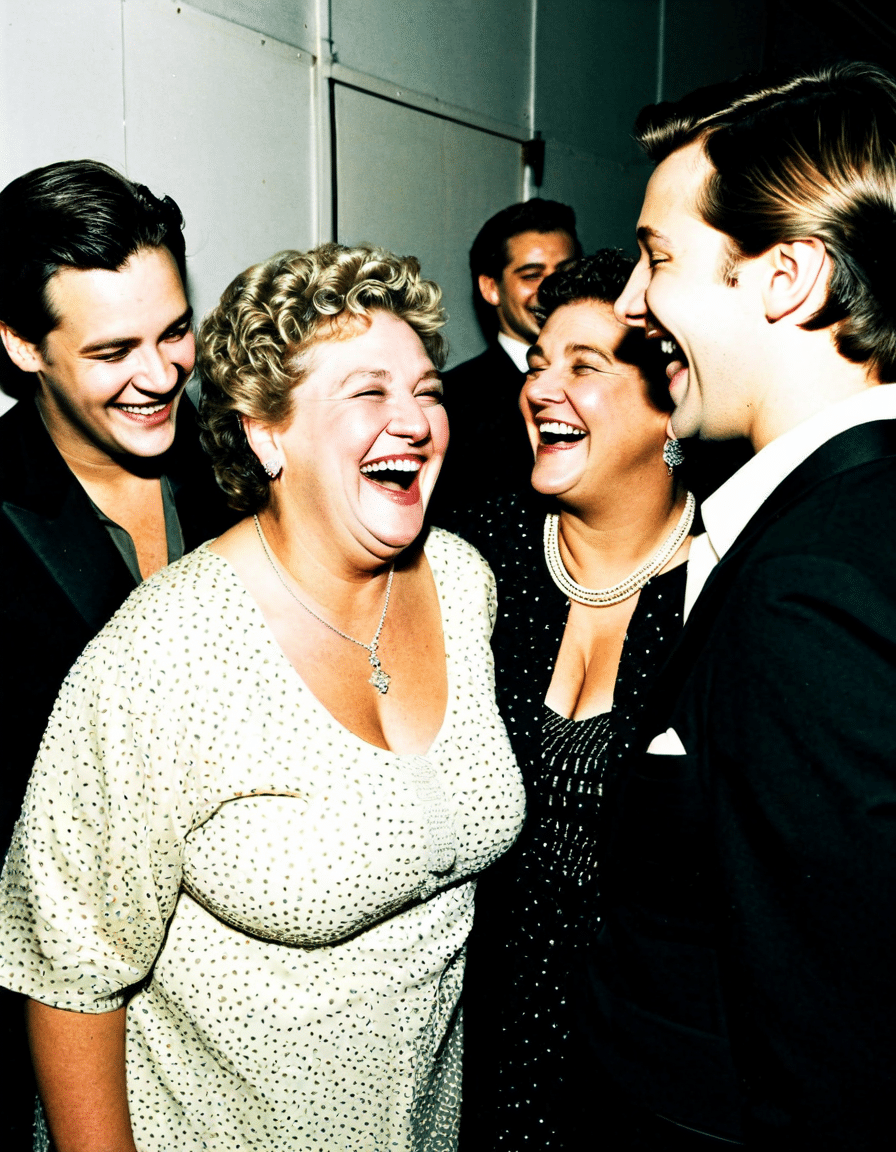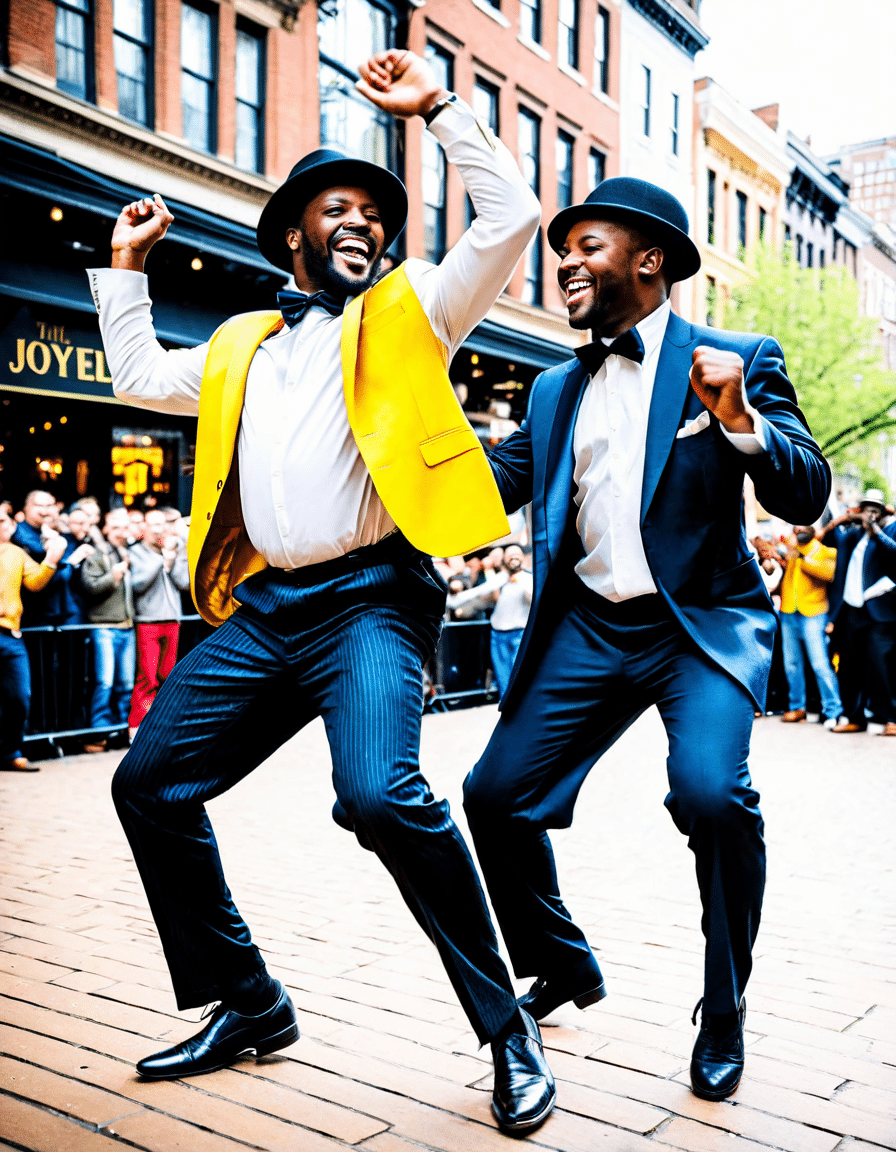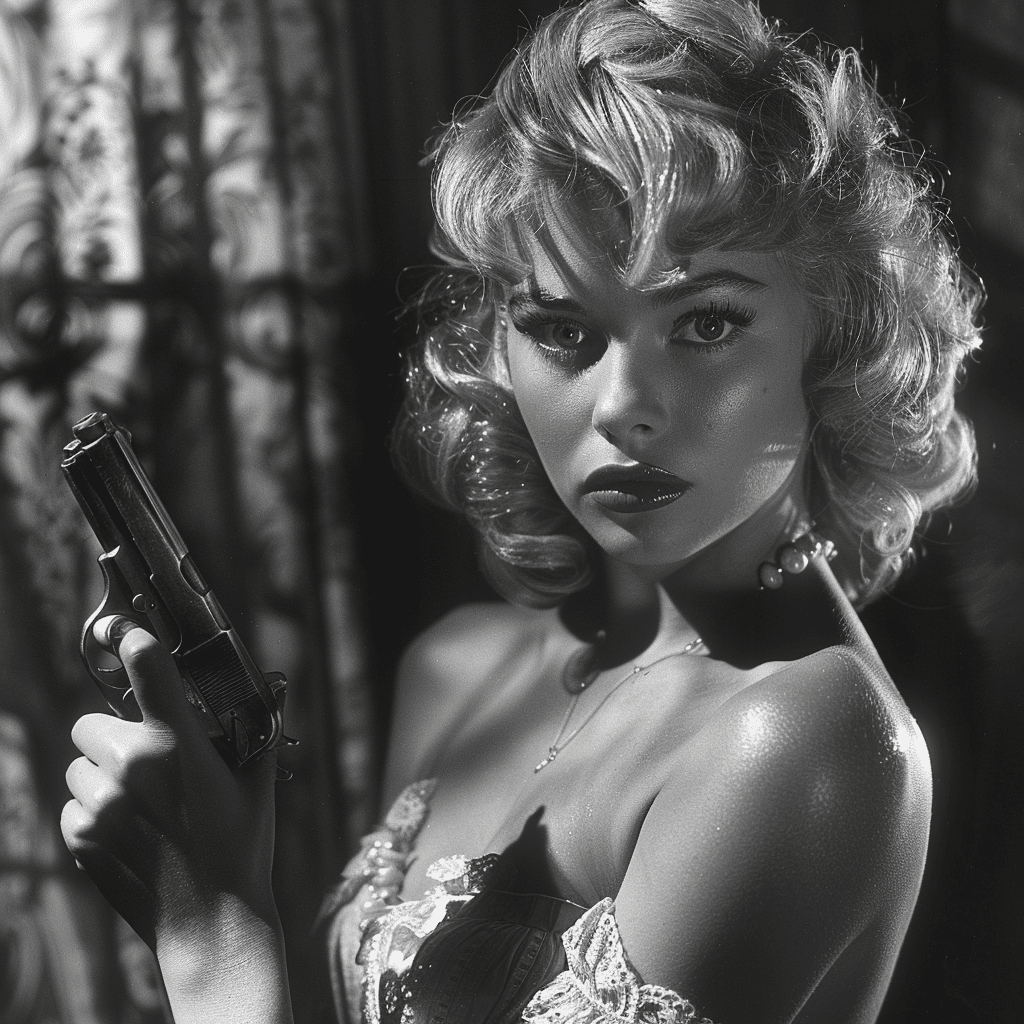When we think of classic television characters, few names resonate quite like Sorrell Booke. His portrayal of Boss Hogg on The Dukes of Hazzard left a lasting impression on audiences, sketching in broad brushstrokes a character who oscillated between rogue and bumbling fool. The complexity he brought to this role is noteworthy—not just a villain in a white suit, Booke’s Boss Hogg encapsulates a sly humor that sits comfortably in sitcom history. As we peel back the layers of this iconic character and the man behind it, we realize that Sorrell Booke is a figure whose talents and quirks resonate far beyond the small screen.
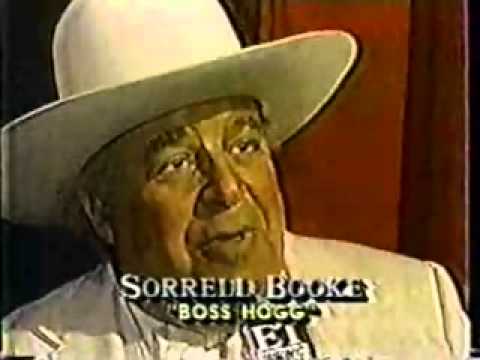
The Legacy of Sorrell Booke: A Deeper Look at Boss Hogg
Booke’s Boss Hogg is one of those unforgettable characters who remains relevant in pop culture even years after the show aired. His larger-than-life personality and clever mischief embodied the essence of small-town politics, wrapped in absurdity. Audiences saw more than just a corrupt politician; they saw a character that entertained while critiquing the Southern “good ol’ boy” system. This duality makes his role essential in examining the culture of that era.
Booke’s facial expressions, combined with his unique ability to deliver a punchline, made Boss Hogg not just a character to root against but one to enjoy, even appreciate. The portrayal remained fresh, evoking laughter and sometimes, in a twisted way, empathy from viewers. The show’s subversive commentary made it a staple in discussions about television history, and Sorrell Booke’s skillful performance positioned him as a timeless icon.
While we take a moment to reflect on The Dukes of Hazzard, let’s appreciate how Boss Hogg’s blunders and schemes echoed the failures of authority figures in real life. Much like Bob Gunton’s character in The Shawshank Redemption, who portrayed authority with a sharp edge, Booke balanced charm and corruption, resonating with audiences in ways that invited both laughter and contemplation.
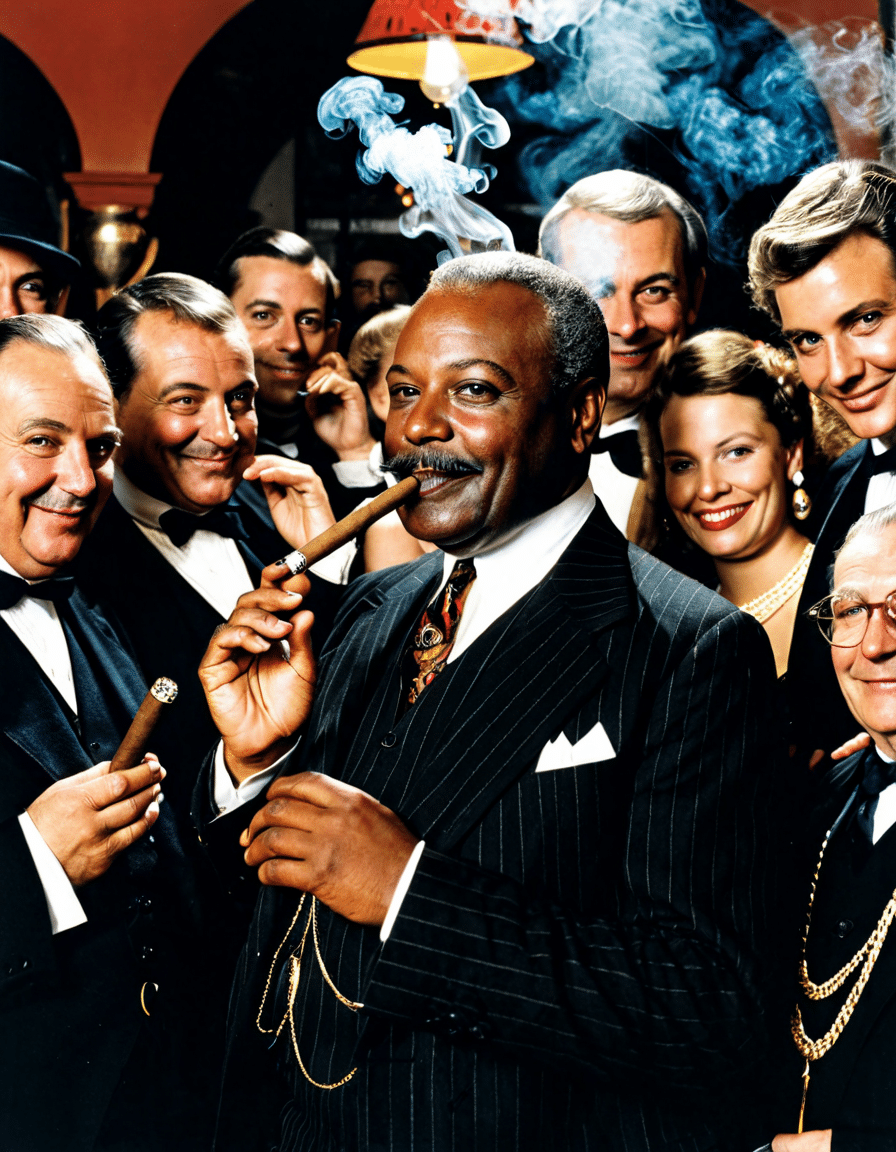
7 Reasons Sorrell Booke’s Boss Hogg Remains Iconic
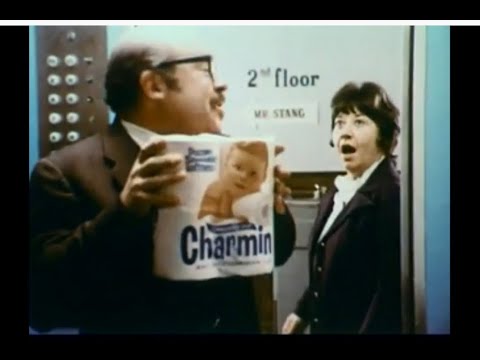
The Craft Behind the Character: How Sorrell Booke Shaped Boss Hogg
Sorrell Booke’s expertise in theater played a significant role in defining Boss Hogg. His background equipped him with the tools to understand the nuances of the character, using improvisational talents that often took viewers by surprise. This was more than just dialogue; it was a performance that melded comedy with subtler undertones, deepening the connection audiences felt toward Hogg.
Booke had a knack for improvisation, which enabled him to breathe life into lines that could have fallen flat. The unexpected humor he injected into the role became a signature aspect of the character, further inviting viewers into his world. As we watch Boss Hogg navigate his outlandish schemes, we recognize Booke’s refined skills in making the character relatable, despite his wrongdoings.
This paradoxical bond between the audience and Boss Hogg is what truly cemented Booke’s legacy. His ability to craft a character who was both antagonist and something to cheer for is something many actors can only aspire to. Just like Bob Gunton’s portrayal of morally gray figures, Booke turned villainy into an art form without losing the trace of love and laughter.
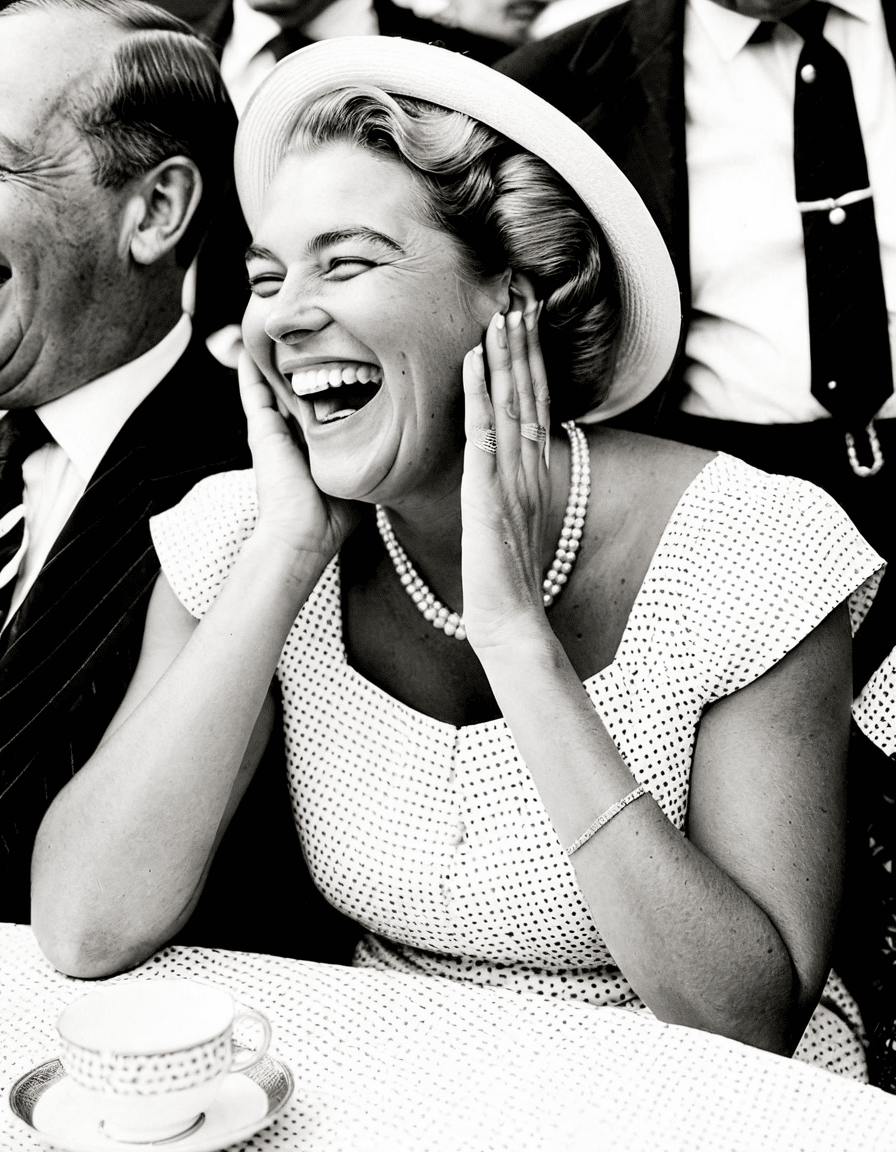
The Impact of Sorrell Booke on Future Generations of Actors
Sorrell Booke stands as a paragon for actors today, especially for those looking to carve out multidimensional roles. Many contemporary creatives point to his rich portrayal of Boss Hogg as a guide for how to construct memorable characters that leave a mark. As our television landscape evolves, the blend of charming yet ambiguous figures owes a debt to Booke’s masterful performance.
In a modern context, characters like the ones penned by Bob Gunton demonstrate how villainy can be layered and complex. These portrayals continue to resonate with audiences as they challenge notions of morality and propriety. Sorrell Booke paved the way for this type of character development, shaping how villains are depicted on-screen.
Today, as writers and directors continue to explore the gray areas of good and evil, Booke’s influence is palpable. His portrayal has become a blueprint for building nuanced characters that evoke a spectrum of emotions, reminding us that dramatizing the flawed human experience can resonate on many levels.
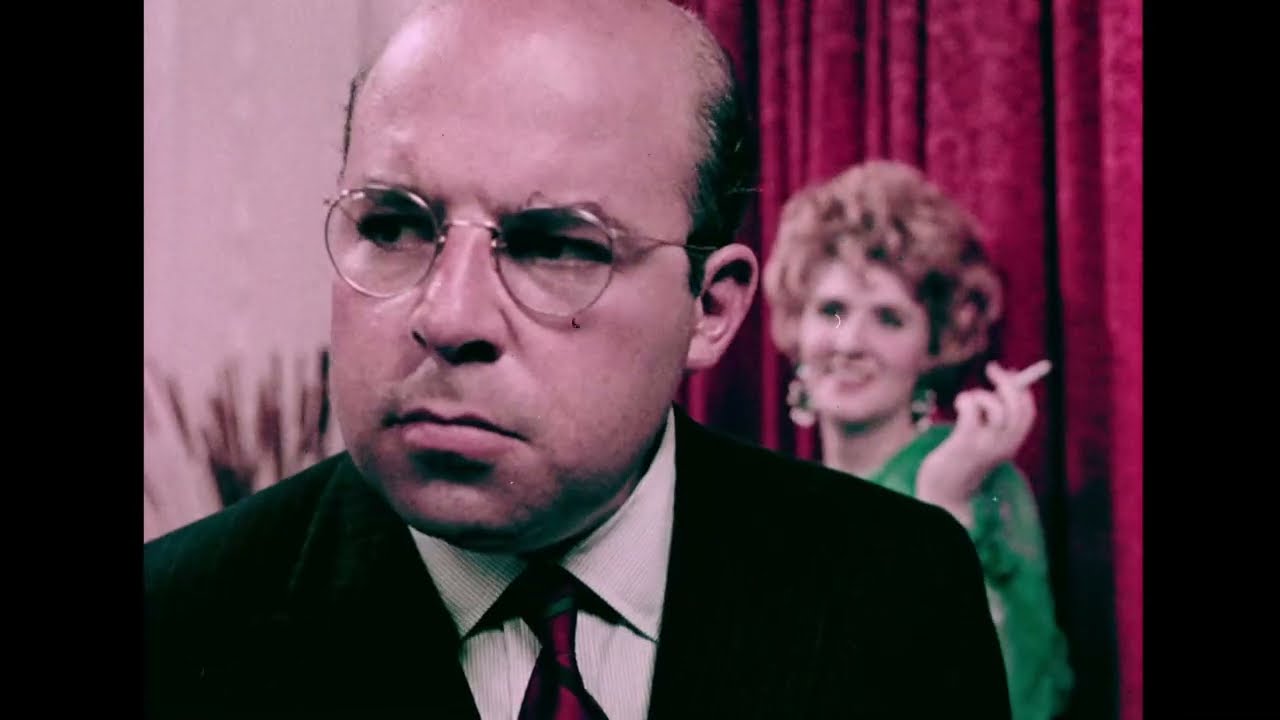
A Lasting Influence Beyond Dukes of Hazzard
Sorrell Booke’s legacy as Boss Hogg resonates well beyond the confines of The Dukes of Hazzard. His work remains a significant touchstone in the discussion around representation and villainy in storytelling. Even as narratives shift, his portrayal continues to inform modern conceptions of authority, humor, and the dark sides of society.
The contrast of his character—flamboyant yet duplicitous—reflects ongoing dialogues surrounding political figures in our era. Booke’s knack for crafting humor out of villainy reminds us that while times change, the core struggles relating to authority and corruption remain.
As newer generations discover the magic of The Dukes of Hazzard through syndication and modern adaptations, they encounter Sorrell Booke’s formidable creation anew. Whether it’s through nostalgia or fresh perspectives, Boss Hogg invites audiences to grapple with the blurred lines of good and bad. In the end, Booke’s contributions transcend the screen, shaping how we understand storytelling today. His impact is eternal, and audiences continue to say, You rock! in recognition of his brilliance.
For anyone looking to embrace the character of Boss Hogg and explore that magical journey, even something as simple as enjoying a Pimms Cup while binging old episodes could invoke the spirit of southern escapades and shady dealings. Booke’s work invites us all to join the fun, offering humor amidst the chaos of morality—a true mark of an icon.
Sorrell Booke: The Iconic Boss Hogg of Dukes of Hazzard
A Star on the Rise
Sorrell Booke, best known for his role as Boss Hogg on “The Dukes of Hazzard,” had quite a colorful career long before he donned that iconic white suit. Born in 1914, Booke was a graduate of Columbia University and dabbled in many aspects of the theater world, from acting to directing. Interestingly enough, his early roles included playing a cowboy which, in a twist of fate, would lead to quite the popularity surge. If only those toddler cowboy Boots he’d never sported could’ve made him the darling of the Wild West on screen, right?
A Memorable Character
Booke’s portrayal of Hogg wasn’t just about being the big bad villain; it was layered with humor and charisma. In fact, his character’s blundering antics made him a favorite among fans, proving that the bad guy can provide plenty of laughs. Not everyone knows that Daisey Duke’s character was partly inspired by real-life female figures, like Landry Allbright, who are known to showcase strength and sass. The chemistry within the cast, combined with Booke’s wit, turned the show into an enduring piece of Americana, still fondly discussed today.
Fun Facts and Legacy
Did you know Sorrell Booke was also a music lover? His talent extended beyond acting, as he had a hobby of collecting records, showcasing a rather eclectic taste. It’s a delightful picture to imagine him spinning tunes while reflecting on his time controlling Hazzard County. Also, during his time on the show, the cast was well aware of their roles’ impact, with phrases like Yes king! echoing through their camaraderie. Even the trailer for “Red One, another popular release, makes you think of how beloved characters like Hogg influenced storytelling in television and cinema. And as Booke once quipped, the best stories are often the most outrageous—much like the infamous chases that became a hallmark of the series.
Beyond the screen, Sorrell left quite the legacy, reminding fans that a little laughter goes a long way. While his portrayal of the infamous Boss Hogg may be the most recognizable, the heart of his performance can be cherished deeply today. Dive into more of this charming personality by checking out various sources that detail his journey—from his humble beginnings to his memorable work in Seventeen and beyond. And if you’re contemplating reading a good book about beloved TV legends, a subscription to Reader’s Digest might just do the trick!
